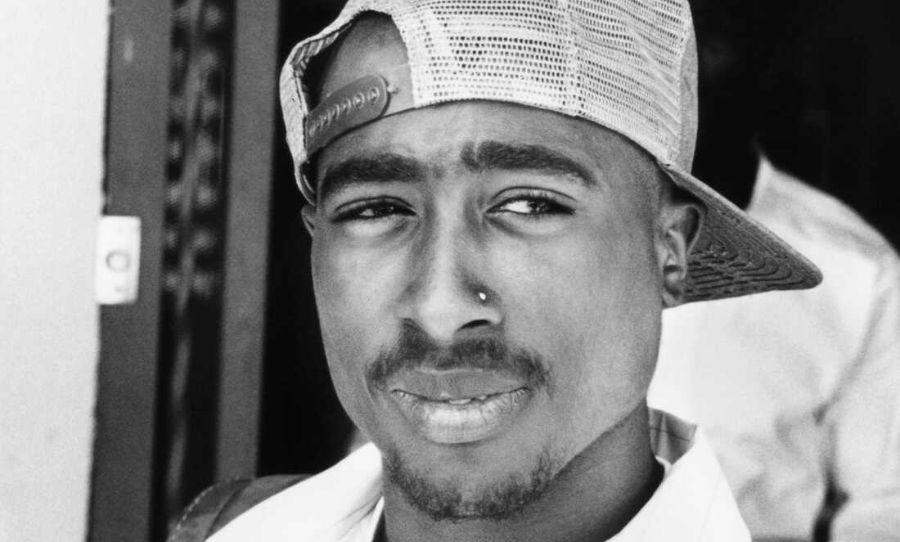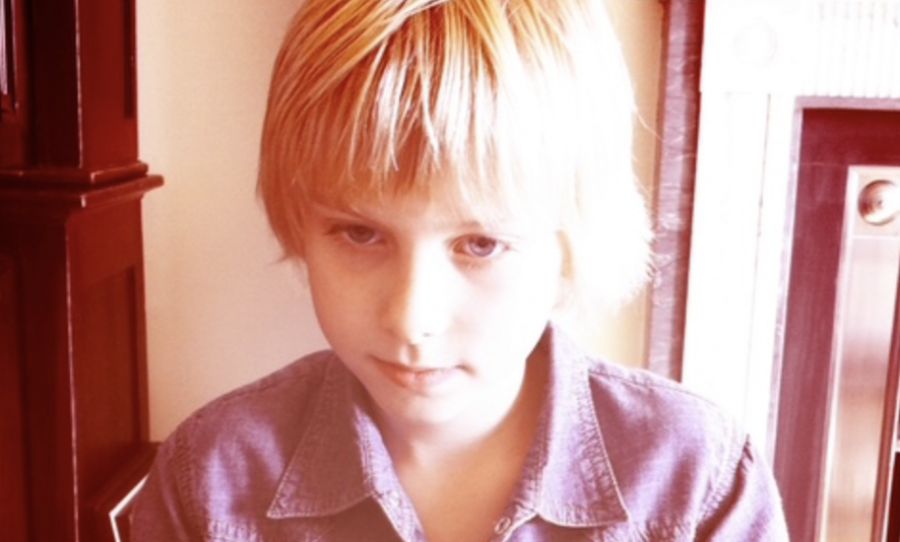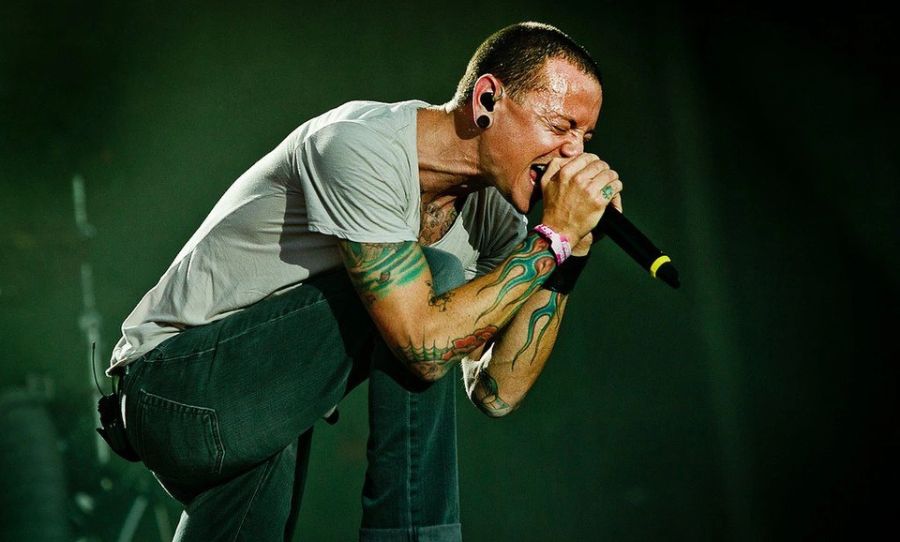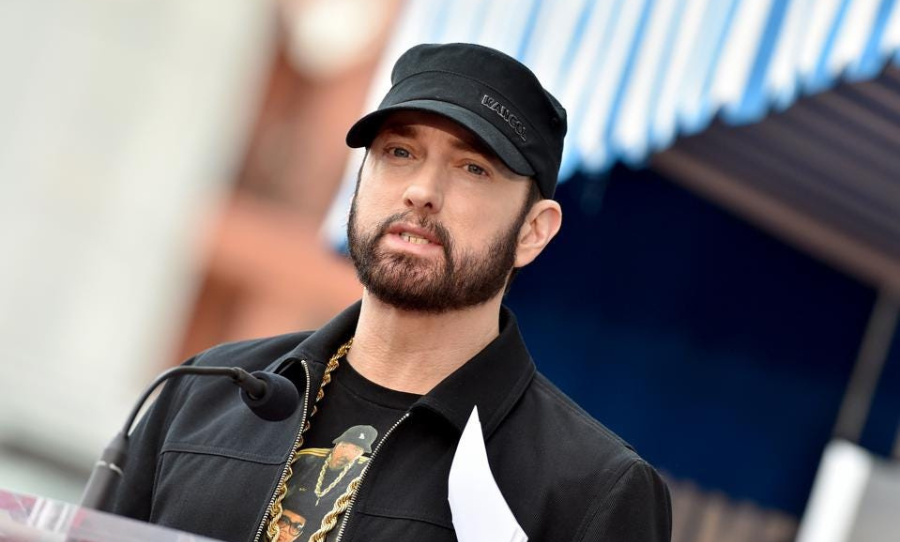Tupac Shakur found solace in handwritten letters, forming a rare bond with Nina Bhadreshwar.
Can you imagine being pen pals with your favourite artist? Handwritten, pen to paper — it seems like nothing could be more intimate.
For journalist Nina Bhadreshwar, corresponding, conversing, and mailing was her reality for a moment in time during the ’90s, when Tupac Shakur was in jail.
It’s no secret that Tupac was especially passionate about social issues, including police brutality. You hear it in songs such as Changes, which tackles systemic racism, police violence, poverty, and the need for social change — or in Keep Ya Head Up, which explores themes of poverty, teen pregnancy, and the struggles of single motherhood.
Bhadreshwar reflected on the impact that writing with Shakur had on her.
“Writing to him struck a light in me.” Over the course of the pair’s correspondence, Bhadreshwar confessed she had seen a different side to the rapper. She shared her experiences with racism, anorexia, and mental health issues; whereas Tupac’s letters were more lucid. Although, at large, the ’90s rapper’s letters often centred on hustling and writing, they were never romantic and rarely touched on the notable beef with East Coast rapper Biggie Smalls.
It takes grit to pull oneself out from what often feels like rock bottom. Briefly before Tupac’s sentencing on sexual assault charges, the rapper had also been robbed and shot. In time, Bhadreshwar noticed that “his letters seemed to evolve in tone: from depression to rage, and, finally, to courage and creativity.” News of Tupac’s death in 1996 from a drive-by shooting in Vegas rocked Bhadreshwar.
For a brief breath held in the ’90s, Nina Bhadreshwar and Tupac Shakur’s paths were intertwined – bound by ink and paper.
In a feature for The Guardian, Nina concluded: “I’ve never had that sort of friendship, or level of trust, with anyone else. If he had lived, I think he would have been known for his writing more than his music.”
Words by Veniana Vachego.



